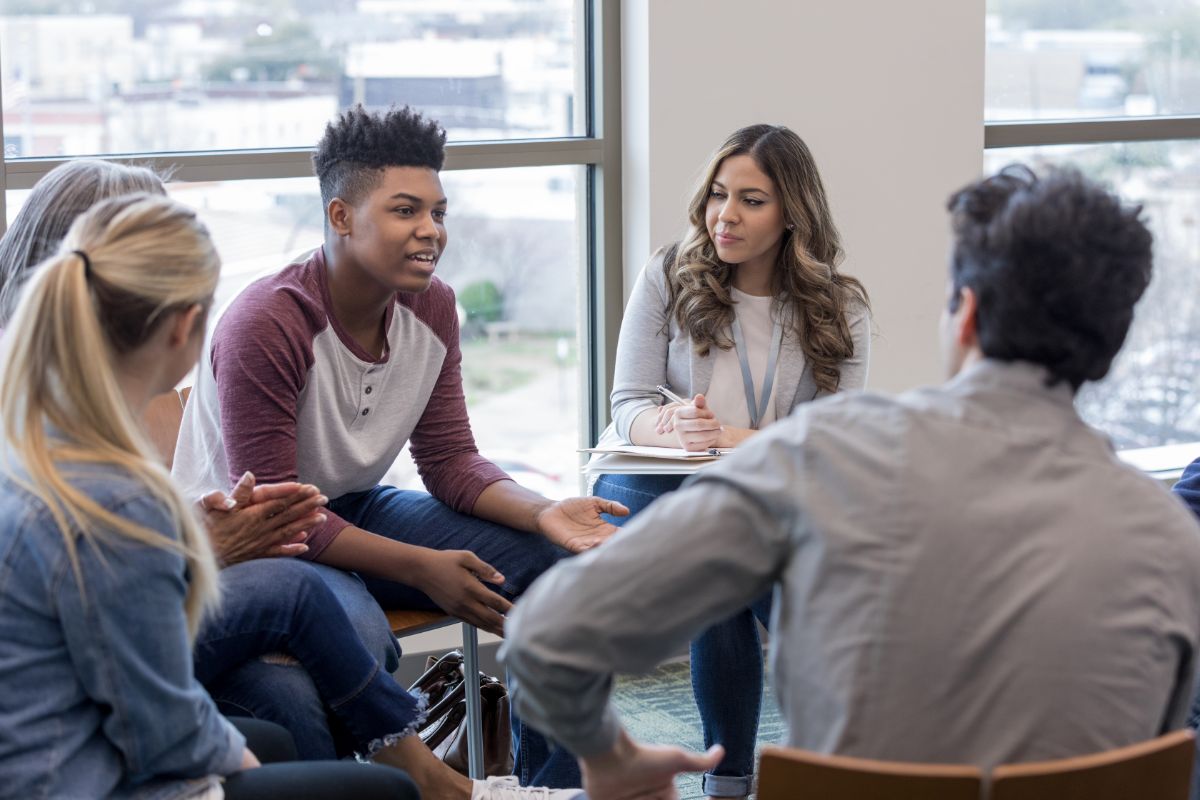
IOP Program in Atlanta
Intensive outpatient programs (IOPs) provide a high level of care with a flexible schedule.
Call Peachtree Recovery Solutions today to get started.
IOP Program in Atlanta
Intensive outpatient programs (IOPs) provide a high level of care with a flexible schedule.
Call Peachtree Recovery Solutions today to get started.

John Ward
Medically Reviewed by John Ward
Last Updated on:
July 24, 2024
Call us Now!
Find Addiction Treatment Today! Overcome everything that is holding you back!
Our intensive outpatient program (IOP) in Atlanta allows you to continue your addiction and mental health treatment as you transition back to everyday life. If you’ve completed a partial hospitalization program (PHP), then our IOP is your next step in recovery.
You are not alone. You deserve to get help.
Peachtree Recovery Solutions is an industry leader in outpatient substance abuse treatment. Our team of top medical experts specialize in dual diagnosis treatment and are committed to ensuring that each patient is treated as an individual. Call us today, we’re available 24/7.
What is An Intensive Outpatient Program in Atlanta?
An IOP program in Atlanta, Georgia, is a form of outpatient rehab. It offers more options than regular outpatient care while not requiring as much time as a partial hospitalization program.
Thus, IOP allows you to gradually transition back into your life while still receiving the support and treatment you need to recover from addiction and co-occurring mental health symptoms. IOP provides some of the same treatment options available in PHP programs. However, IOP has a more flexible schedule so you can work, spend time with family, or attend school.
Our Intensive Outpatient Program Schedule
9:30 – 10:30 AM
Meditation/Goal of the Day
10:30 – 11:30 AM
Caseload/Process Group
11:30 – 12:30 PM
CBT/DBT Group
9:30 – 10:30 AM
Meditation/Goal of the Day
10:30 – 11:30 AM
Caseload/Process Group
11:30 – 12:30 PM
Experiential/Skills
9:30 – 10:30 AM
Meditation/Goal of the Day
10:30 – 11:30 AM
Caseload/Process Group
11:30 – 12:30 PM
Psychoeducational/12-Step
9:30 – 10:30 AM
Meditation/Goal of the Day
10:30 – 11:30 AM
Caseload/Process Group
11:30 – 12:30 PM
Tolerance/Mindfulness
9:30 – 10:30 AM
Meditation/Goal of the Day
10:30 – 11:30 AM
Caseload/Process Group
11:30 – 12:30 PM
Emotional Regulation
In addition, we have an evening IOP program that occurs virtually from 6 pm to 9 pm.
What to Expect at our IOP In Atlanta
At Peachtree Recovery Solutions, we offer multiple facets of Intensive Outpatient Programming to help clients maintain treatment along with flexibility. Whether living from home or in a structured sober living facility, we can meet your needs.
During our IOP program in Atlanta, we tailor our treatment plans to the specific needs of each client.
Treatment plans can consist of several different modalities including:
Psychiatry is the practice of prescribing medications to treat mental health symptoms. While psychiatric medications will not cure a mental health disorder, they can be a vital part of your treatment plan.
Medication-assisted treatment (MAT) combines behavioral therapy with FDA-approved medications to treat alcohol and opioid use disorders.
At our IOP program in Atlanta, we use the following medications for MAT:
Addiction and co-occurring mental health disorders affect the entire family. As a result, each person develops their own way of coping—oftentimes, these coping strategies are problematic and maladaptive.
However, family therapy can address these struggles among your family members. That way, the entire family recovers together.
Individual therapy sessions are crucial for any treatment program to address the underlying causes of addiction. Therapy also helps you develop coping strategies for co-occurring mental health disorders.
During individual therapy, you get one-on-one time with one of our licensed clinicians. You and your therapist will develop coping skills to reduce symptoms and prevent relapse.
Group therapy is one of the best ways to treat substance use and mental health disorders. During group therapy, you and your peers in recovery meet with a trained therapist, who facilitates the sessions. As a result, you can learn from the shared experiences of others—and they can learn from you.
Furthermore, the group environment provides a place to practice relationship-building skills with others. For instance, you and a peer might role-play specific skills like setting boundaries and conflict resolution.
Holistic rehab offers approaches to address multiple dimensions of wellness, such as physical, social, and spiritual well-being. Addiction and mental health disorders affect all aspects of your life—not just your mental health.
During holistic rehab, you could engage in mindfulness practices, yoga, exercise, or nutritional counseling.
Trauma therapy helps you process traumatic experiences, which are a common cause of behavioral health disorders like addiction. Oftentimes, people self-medicate symptoms of trauma with drugs or alcohol.
In addition, you can develop a mental health disorder, like anxiety, depression, or post-traumatic stress disorder (PTSD), when trauma is left untreated.
Cognitive-behavioral therapy (CBT) is one of the most common forms of psychotherapy. During this evidence-based therapy, your therapist will help you identify problematic thought patterns and beliefs that lead to behavioral and mental health issues.
Dialectical behavioral therapy (DBT) was initially developed to treat symptoms of borderline personality disorder (BPD). However, DBT also helps those with addiction as well as co-occurring mental health disorders.
During DBT, you’ll focus on four modules to build skills in the following areas:
- Mindfulness
- Distress Tolerance
- Emotional Regulation
- Interpersonal Effectiveness
Red light therapy initially began as skin care treatment. However, red light therapy has also been shown to enhance mood and feelings of well-being. As a result, you can benefit from using red light therapy during an addiction or mental health treatment program.
Psychoeducational groups focus on specific topics related to addiction and mental health. These topics can range from things like relationship issues and the causes of addiction to healthy nutrition and creating a routine.
Unlike group therapy, psychoeducational groups aren’t always facilitated by a trained therapist. For example, a dietician could lead a nutritional group or a program alumni can discuss the importance of aftercare.
Relapse prevention therapy is critical for long-term addiction recovery. During relapse prevention therapy, you’ll discover your relapse triggers and create strategies to manage them.
Adventure therapy gets you out of the facility and into exciting environments to develop self-confidence, interpersonal relationships, and other essential coping skills. During adventure therapy at Peachtree, you’ll do things like hiking, low ropes courses, and rock climbing.
Who Is An Ideal Candidate for an Intensive Outpatient Program?
Someone attending IOP should have a stable home environment they can return to after attending treatment sessions during the day. Alternatively, many people reside in sober living homes while going to IOP.
In addition, they need to have completed a PHP program to progress to IOP. We also perform a full assessment of each individual in order to understand their needs. This allows us to know if IOP is the right fit for their specific needs and treatment goals.
How Long Does Our IOP Program Last?
Our IOP program typically lasts 30 days. However, some clients need additional time. As such, they can take up to 90 days.
Still, it’s important to note that an IOP program is just one step in our outpatient treatment program. In other words, you’ll make progress during a PHP program before entering IOP. As a result, you can expect about 60-90 days of treatment from PHP to the end of our IOP program.
Meet Our IOP Therapists
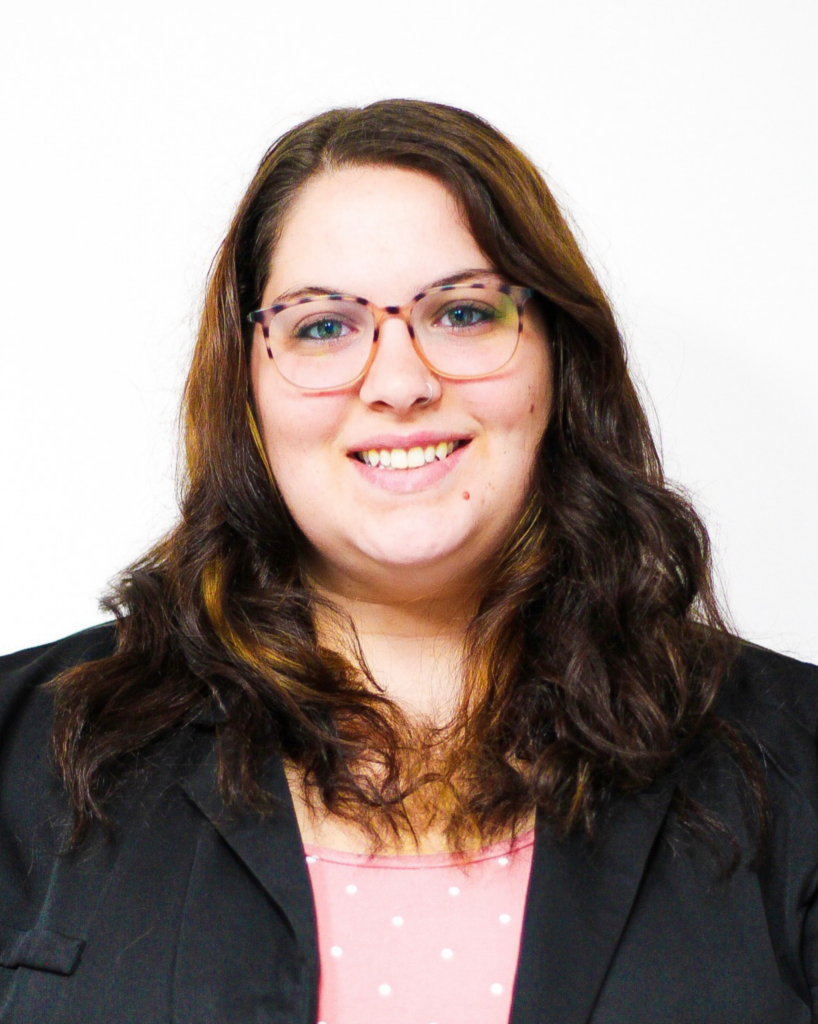
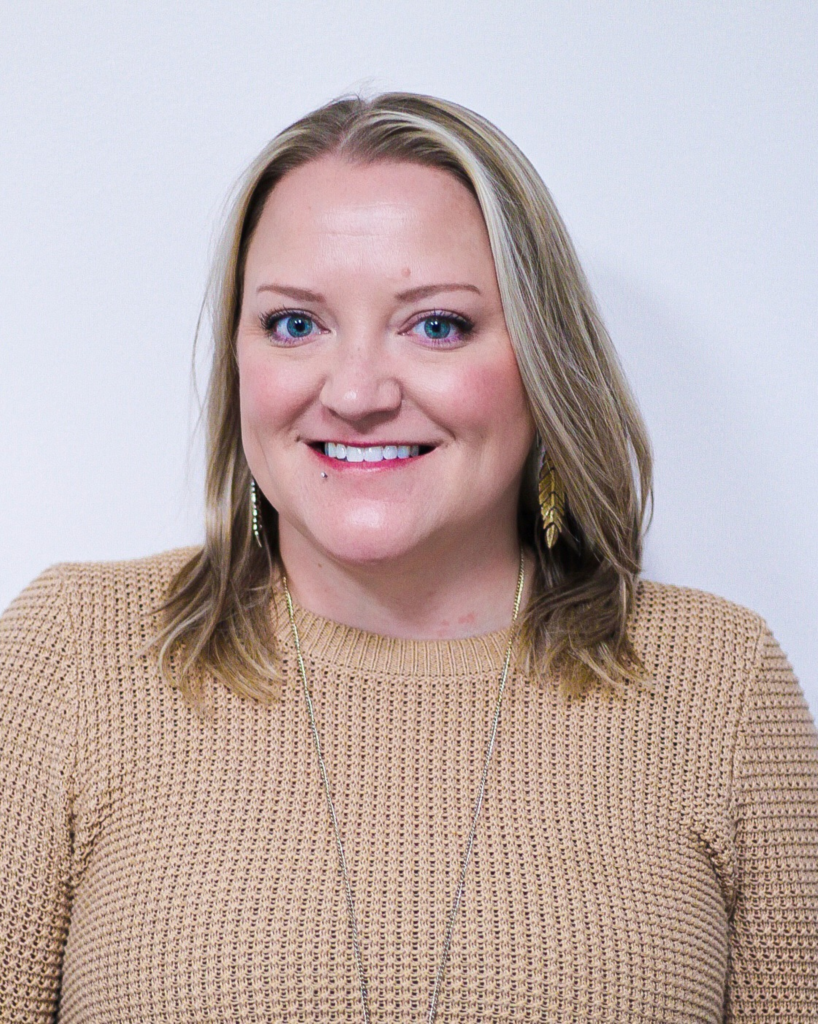
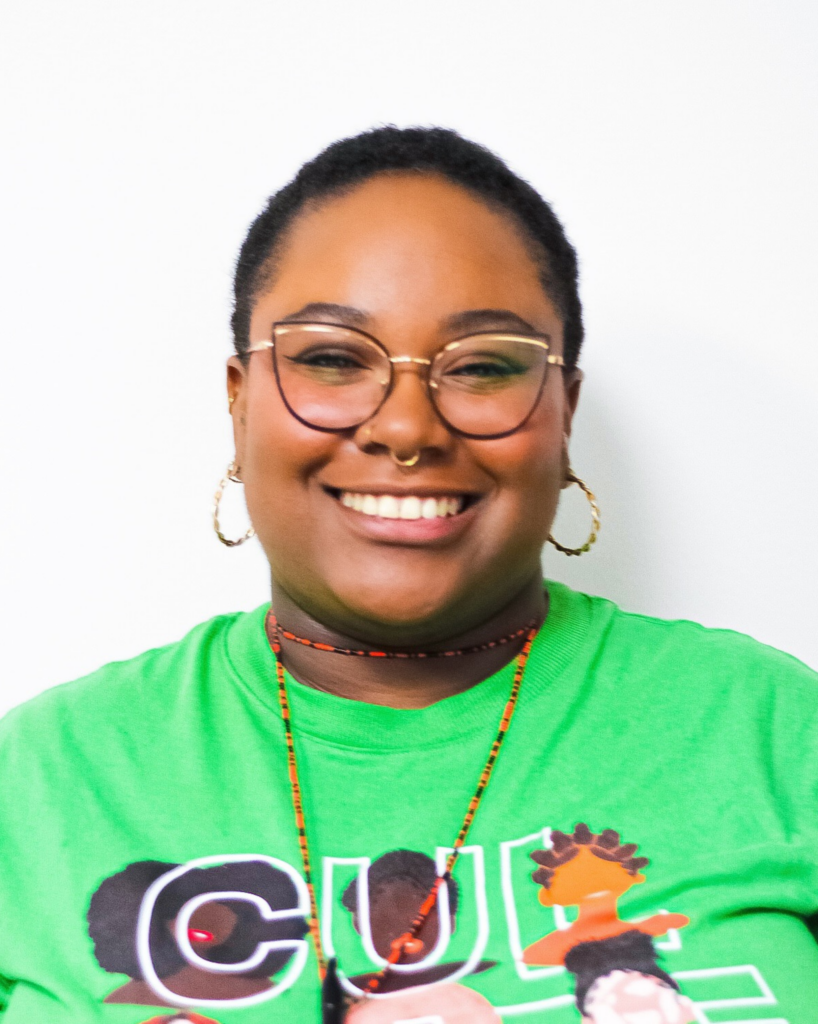
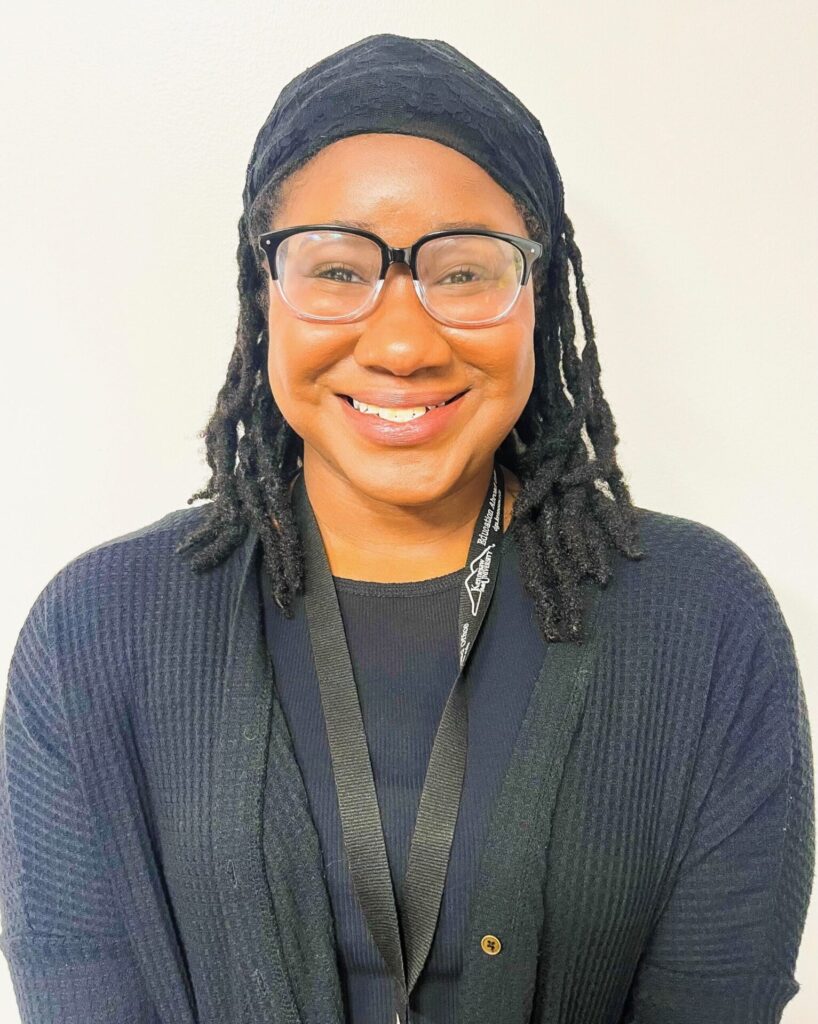
Begin Our IOP Program in Atlanta TODAY
Have you reached a point where an addiction or mental health disorder has compromised your ability to live a full life? If so, Peachtree Wellness Solutions can help.
Attending our IOP program in Atlanta helps change people’s lives. We provide you with the intensive care you need to help you improve your mental wellness and recovery skills. Our multiple types of therapy during IOP help you focus on healing while transitioning away from high levels of outpatient care.
Visit our admissions page today to get started.

John Ward
Medically Reviewed by John Ward
Last Updated on:
July 24, 2024
Call us Now!
Find Addiction Treatment Today! Overcome everything that is holding you back!
Our intensive outpatient program (IOP) in Atlanta allows you to continue your addiction and mental health treatment as you transition back to everyday life. If you’ve completed a partial hospitalization program (PHP), then our IOP is your next step in recovery.
You are not alone. You deserve to get help.
Peachtree Recovery Solutions is an industry leader in outpatient substance abuse treatment. Our team of top medical experts specialize in dual diagnosis treatment and are committed to ensuring that each patient is treated as an individual. Call us today, we’re available 24/7.
What is An Intensive Outpatient Program in Atlanta?
An IOP program in Atlanta, Georgia, is a form of outpatient rehab. It offers more options than regular outpatient care while not requiring as much time as a partial hospitalization program.
Thus, IOP allows you to gradually transition back into your life while still receiving the support and treatment you need to recover from addiction and co-occurring mental health symptoms. IOP provides some of the same treatment options available in PHP programs. However, IOP has a more flexible schedule so you can work, spend time with family, or attend school.
Our Intensive Outpatient Program Schedule
9:30 – 10:30 AM
Meditation/Goal of the Day
10:30 – 11:30 AM
Caseload/Process Group
11:30 – 12:30 PM
CBT/DBT Group
9:30 – 10:30 AM
Meditation/Goal of the Day
10:30 – 11:30 AM
Caseload/Process Group
11:30 – 12:30 PM
Experiential/Skills
9:30 – 10:30 AM
Meditation/Goal of the Day
10:30 – 11:30 AM
Caseload/Process Group
11:30 – 12:30 PM
Psychoeducational/12-Step
9:30 – 10:30 AM
Meditation/Goal of the Day
10:30 – 11:30 AM
Caseload/Process Group
11:30 – 12:30 PM
Tolerance/Mindfulness
9:30 – 10:30 AM
Meditation/Goal of the Day
10:30 – 11:30 AM
Caseload/Process Group
11:30 – 12:30 PM
Emotional Regulation
In addition, we have an evening IOP program that occurs virtually from 6 pm to 9 pm.
What to Expect at our IOP In Atlanta
At Peachtree Recovery Solutions, we offer multiple facets of Intensive Outpatient Programming to help clients maintain treatment along with flexibility. Whether living from home or in a structured sober living facility, we can meet your needs.
During our IOP program in Atlanta, we tailor our treatment plans to the specific needs of each client.
Treatment plans can consist of several different modalities including:
Psychiatry is the practice of prescribing medications to treat mental health symptoms. While psychiatric medications will not cure a mental health disorder, they can be a vital part of your treatment plan.
Medication-assisted treatment (MAT) combines behavioral therapy with FDA-approved medications to treat alcohol and opioid use disorders.
At our IOP program in Atlanta, we use the following medications for MAT:
Addiction and co-occurring mental health disorders affect the entire family. As a result, each person develops their own way of coping—oftentimes, these coping strategies are problematic and maladaptive.
However, family therapy can address these struggles among your family members. That way, the entire family recovers together.
Individual therapy sessions are crucial for any treatment program to address the underlying causes of addiction. Therapy also helps you develop coping strategies for co-occurring mental health disorders.
During individual therapy, you get one-on-one time with one of our licensed clinicians. You and your therapist will develop coping skills to reduce symptoms and prevent relapse.
Group therapy is one of the best ways to treat substance use and mental health disorders. During group therapy, you and your peers in recovery meet with a trained therapist, who facilitates the sessions. As a result, you can learn from the shared experiences of others—and they can learn from you.
Furthermore, the group environment provides a place to practice relationship-building skills with others. For instance, you and a peer might role-play specific skills like setting boundaries and conflict resolution.
Holistic rehab offers approaches to address multiple dimensions of wellness, such as physical, social, and spiritual well-being. Addiction and mental health disorders affect all aspects of your life—not just your mental health.
During holistic rehab, you could engage in mindfulness practices, yoga, exercise, or nutritional counseling.
Trauma therapy helps you process traumatic experiences, which are a common cause of behavioral health disorders like addiction. Oftentimes, people self-medicate symptoms of trauma with drugs or alcohol.
In addition, you can develop a mental health disorder, like anxiety, depression, or post-traumatic stress disorder (PTSD), when trauma is left untreated.
Cognitive-behavioral therapy (CBT) is one of the most common forms of psychotherapy. During this evidence-based therapy, your therapist will help you identify problematic thought patterns and beliefs that lead to behavioral and mental health issues.
Dialectical behavioral therapy (DBT) was initially developed to treat symptoms of borderline personality disorder (BPD). However, DBT also helps those with addiction as well as co-occurring mental health disorders.
During DBT, you’ll focus on four modules to build skills in the following areas:
- Mindfulness
- Distress Tolerance
- Emotional Regulation
- Interpersonal Effectiveness
Red light therapy initially began as skin care treatment. However, red light therapy has also been shown to enhance mood and feelings of well-being. As a result, you can benefit from using red light therapy during an addiction or mental health treatment program.
Psychoeducational groups focus on specific topics related to addiction and mental health. These topics can range from things like relationship issues and the causes of addiction to healthy nutrition and creating a routine.
Unlike group therapy, psychoeducational groups aren’t always facilitated by a trained therapist. For example, a dietician could lead a nutritional group or a program alumni can discuss the importance of aftercare.
Relapse prevention therapy is critical for long-term addiction recovery. During relapse prevention therapy, you’ll discover your relapse triggers and create strategies to manage them.
Adventure therapy gets you out of the facility and into exciting environments to develop self-confidence, interpersonal relationships, and other essential coping skills. During adventure therapy at Peachtree, you’ll do things like hiking, low ropes courses, and rock climbing.
Who Is An Ideal Candidate for an Intensive Outpatient Program?
Someone attending IOP should have a stable home environment they can return to after attending treatment sessions during the day. Alternatively, many people reside in sober living homes while going to IOP.
In addition, they need to have completed a PHP program to progress to IOP. We also perform a full assessment of each individual in order to understand their needs. This allows us to know if IOP is the right fit for their specific needs and treatment goals.
How Long Does Our IOP Program Last?
Our IOP program typically lasts 30 days. However, some clients need additional time. As such, they can take up to 90 days.
Still, it’s important to note that an IOP program is just one step in our outpatient treatment program. In other words, you’ll make progress during a PHP program before entering IOP. As a result, you can expect about 60-90 days of treatment from PHP to the end of our IOP program.
Meet Our IOP Therapists




Begin Our IOP Program in Atlanta TODAY
Have you reached a point where an addiction or mental health disorder has compromised your ability to live a full life? If so, Peachtree Wellness Solutions can help.
Attending our IOP program in Atlanta helps change people’s lives. We provide you with the intensive care you need to help you improve your mental wellness and recovery skills. Our multiple types of therapy during IOP help you focus on healing while transitioning away from high levels of outpatient care.
Visit our admissions page today to get started.
We Work With Most Major Insurance
Did you know most major health insurance plans with out-of-network benefits can help cover most of the costs associated with our program? Click below to find out your coverage and treatment options for our addiction treatment in Atlanta.







